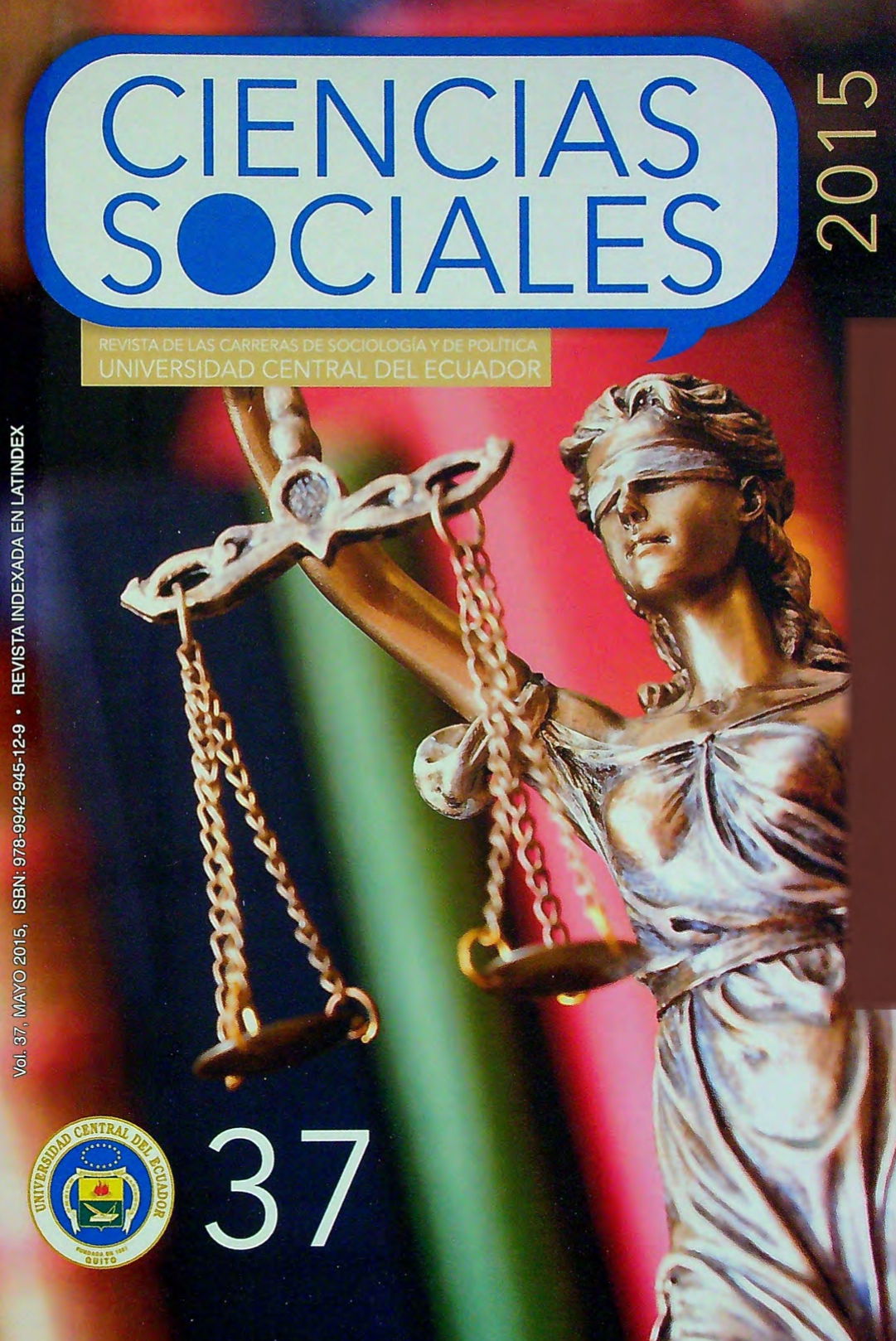De un estado excluyente a un estado intercultural
Parte II
Keywords:
Epistemology, constitutional control, rigid constitution, representative democracy, constitutional democracy, community democracy, social conflict, the right to choose, intercultural, plurinational stateAbstract
Although lhey have passed about seven years of existence and validlty of the Constitution of !he Republic of Ecuador we can not yel dare to say that the law is equal validity with its sociological validity. On leading lnstitutions having their statements in accordance with the constilulional movement neo that left its mark on almosl ali constitulions in Latín America there is a high dose of disbelíef in a broad sector of political and academic opinion still reluctant to find the desired transformation the foundations on which our rule of law is based.One of !hose píllars that collects new constitulíonal neo charge of the constitution has to do with the lssue of multiculturalism and legal pluralism, principies upon which the ordinary and indigenous justice as two complementary sources of independent law is built and hierarchically homogeneous. Multiculturalisrn as the suprema ideal hasits pitfalls in the constitutional and legal rules themselves resistan! to accept a theoretical construct law that requires genuine participation of ali peoples and nationalities that make up our soclety in the establishment, structure of ali state institutionsand the obiigatory presence they should have in the design and implementation of publíc policies that go beyond the mere discursive level.
Downloads
References
Constitución del Ecuador. (2008).
Uasag, R. (2001 ). La jurisdicción indigena en el contexto de los principios de pluriculturalidad e interculturalidad en la Nueva Constitución del Ecuador, Estado, derechos e instituciones88 . . Quito.
Morales, P. (2007). Los hijos del Sol: Reflexiones sobre el pensamiento político de los pueblos indígenas en el Ecuador. Quito: CODENPE.
Lema, M. (2007). Sístema del Derecho Indígena en el Ecuador. Quito: Editorial de la Corte Suprema de Justicia.
Estermann, J. (2008). Si el sur fiera el Norteq. Quito: Abya-Yala.
Zafaronni, E. (1998). Criminología Aproximación desde un margen. Bogotá: Temis.
Walsh, C. (2009). lnterculturalidad, Estado, Sociedad" Luchas (de)coloniales de nuestra época. Abya-Yala.
Yuquilema, V. (n.d.). Justicia indígena en la Comunidad de Pulacate. Tesina para obtener el titulo de Abogada en la Universidad de las Américas. Quito.
Tibán, l. (2010). Estado lntercultural Plurinacional y Derechos Colectivos en el Ecuador. Quito: Editorial Pacheco.
Carbonell, M. (2005). La Constitución en serio. México: Porrúa-UNAM.
Cruz, E. (2008). Principios generales del derecho indígena. In J. M. Rudolf Huber, Hacia sistemas jurídicos plurales, Reflexiones y experiencias de coordinación entre el derecho estatal y el derecho indígena. Bogotá: Fundación. Konrad Adenauer Stiftung.
Downloads
Published
How to Cite
Issue
Section
License

This work is licensed under a Creative Commons Attribution-NonCommercial 4.0 International License.
Política de acceso abierto
La revista Ciencias Sociales adhiere al modelo Acceso Abierto en el que los contenidos de las publicaciones científicas se encuentran disponibles a texto completo libre y gratuito en Internet, sin embargos temporales, y cuyos costos de producción editorial no son transferidos a los/las autores/as.
En ese sentido, no existe costo alguno para los/as autores/as en el envío o durante el proceso editorial, defendiendo el derecho a la información con equidad e iguales oportunidades de acceso.
Licencia y derechos de autor/a
Los autores conservan todos los derechos de publicación del artículo y conceden a la Revista Ciencias Sociales una licencia no exclusiva, intrasferible y sin regalías por duración ilimitada para su reproducción, distribución y comunicación pública a nivel mundial bajo una Licencia Creative Commons Atribución 4.0 Internacional (CC BY NC 4.0)


